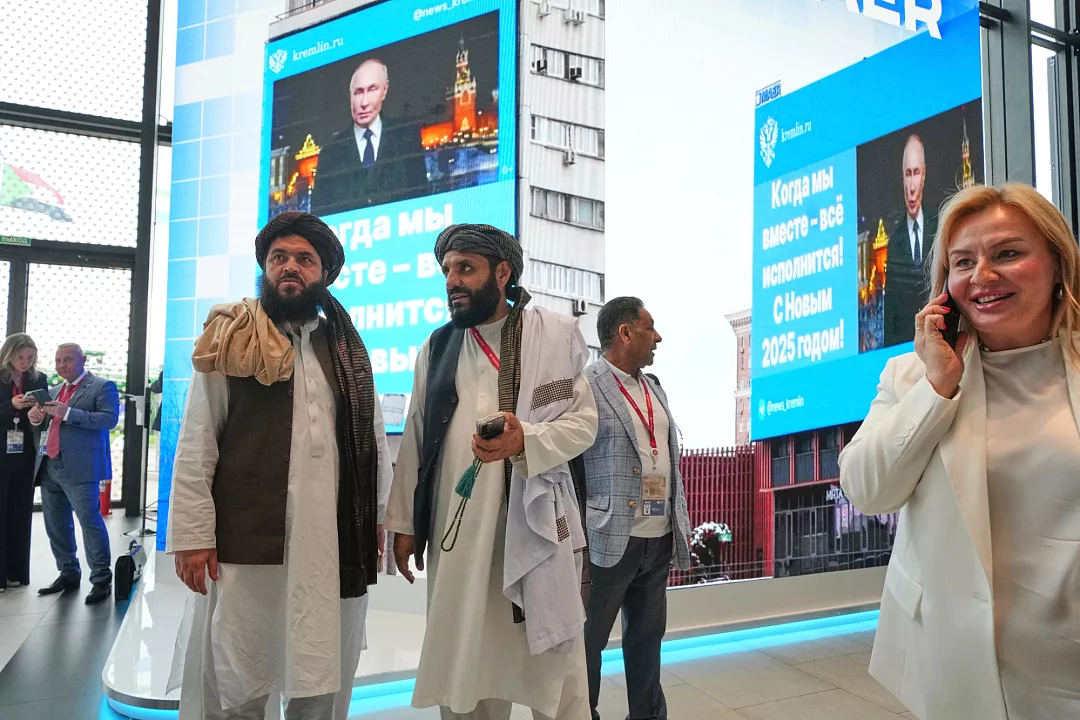On Monday, Ambassador of Russia to the United Nations stated at a Security Council meeting that the rise of ISIS-Khorasan’s activities in Afghanistan is not coincidental or without cause.
He highlighted that the international community had not adequately addressed the access terrorist groups like ISIS have to leftover American weapons in Afghanistan.
Vasily Nebenzya pointed out that NATO’s hasty withdrawal from Afghanistan resulted in many weapons being left behind, which ended up in the hands of ISIS. He emphasized that this situation should not be overlooked.
He also claimed that the U.S. and Western countries are spreading weapons worldwide, and these weapons often end up in the hands of terrorist groups. The ambassador of Russia made a direct link between the leftover American weapons in Afghanistan and the intensification of ISIS attacks.
Also See: Pakistan Urges Action Over US Weapons In Afghanistan
Expressing concern over terrorist activities in Afghanistan, Vasily Nebenzya emphasized that Moscow cannot ignore the situation and must address the growing threat posed by these groups in the region.
Nebenzya pointed out that the U.S. and Western countries are major distributors of weapons worldwide. He further noted that the majority of terrorist groups are using American-made weapons in their operations.
The international concern over the presence of leftover American weapons in Afghanistan highlights the risks of such weapons falling into the wrong hands. With the growing reach of ISIS, nations like Russia and other regional countries are intensifying their focus on global security threats.
The situation calls for better monitoring and control to prevent weapons from fueling terrorism. This issue, combined with the resurgence of groups like ISIS, requires coordinated international action.
This news is sourced from Khaama Press News Agency and is intended for informational purposes only.

![Ambassador of Russia to the UN links ISIS-K rise in Afghanistan to leftover U.S. weapons, urging global action against terrorism. [Image via Khaama Press News Agency]](https://southasiatimes.org/wp-content/uploads/2025/02/Russian-representative-in-UN-880x495-1.webp)


![Truck traveling along the Makran Coastal Highway in Balochistan, with rugged cliffs and the Arabian Sea coastline in the background [Image via Getty Images].](https://southasiatimes.org/wp-content/uploads/2026/02/Balochistan-2.webp)

